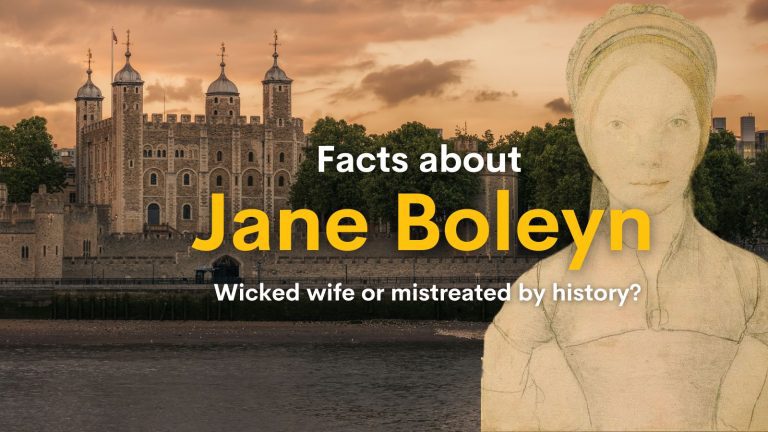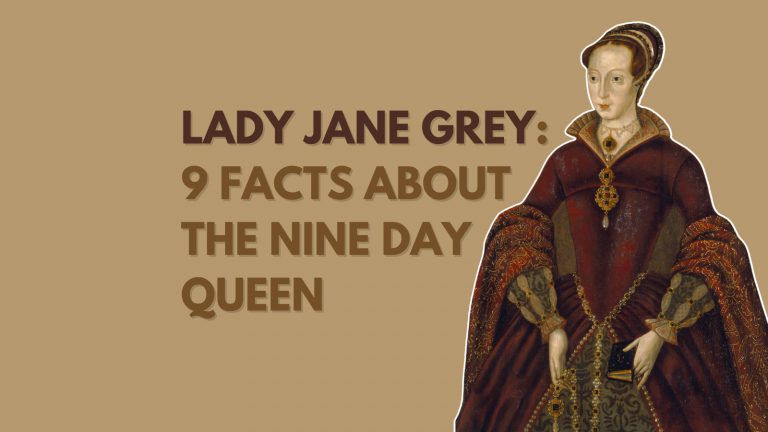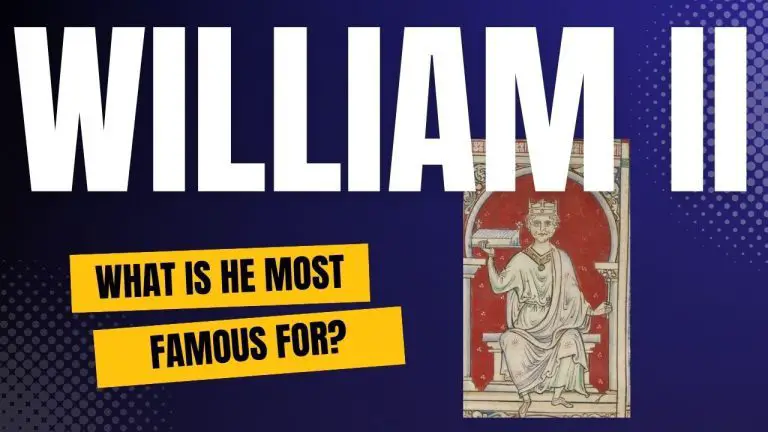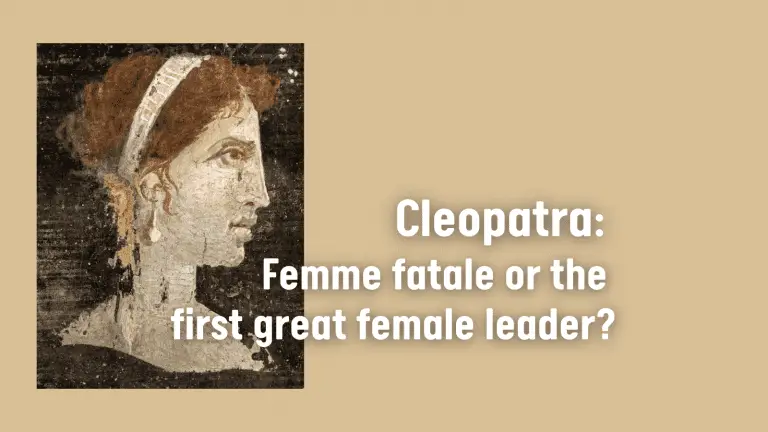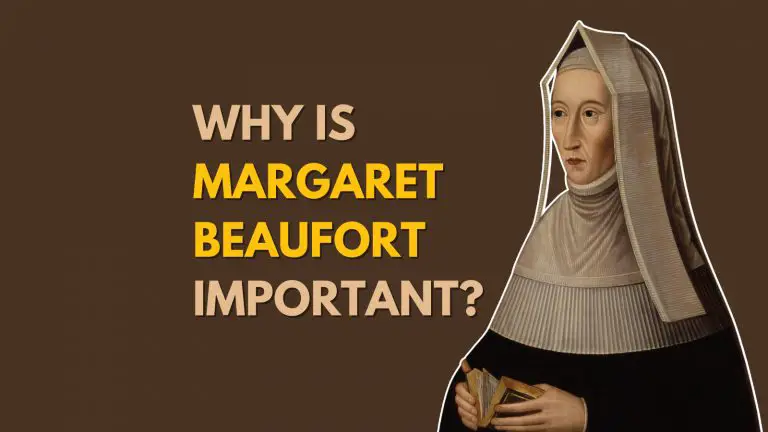What is Henry II most famous for?
Henry II was the King of England from 1154 to 1189. He ascended the throne after Stephen I and established the formidable Plantagenet dynasty. His lengthy reign saw significant legal reforms, the expansion of English royal power, and an extensive augmentation of Angevin territories in France.
However, Henry II was not without conflict. He faced intense disputes with the church, rebellious barons, and his own wife and sons. These conflicts challenged and diminished some of his hard-earned royal authority. Regardless, through a combination of daring reforms, conquests, and skilful administration, Henry II firmly established the Plantagenet dynasty on the throne and significantly bolstered the institutions of medieval English monarchy.
What is the number one thing Henry II is most famous for?
Henry II is perhaps best known for his groundbreaking legal reforms, which established a standardised system of common law across the kingdom. He widely instituted the use of juries for certain legal proceedings and set up a cohesive court system.
By implementing standard legal writs, Henry II transformed an array of disparate local customs into an organised, uniform set of procedures and precedents that were applied consistently across the country for the first time.
His Assize of Clarendon in 1166 also laid the groundwork for subsequent habeas corpus and trial by jury rights. This began to protect individual rights against unlawful seizure or imprisonment by the Crown or nobles, sowing the seeds for due process that would evolve into fundamental civil liberties.
The sweeping overhaul of medieval English jurisprudence through centralised common law courts revolutionised the administration of justice and law. This legacy would influence the shape of English law for centuries to come.
What else is Henry II remembered for?
On the domestic front, Henry II exerted much greater royal jurisdiction over land and the church compared to his predecessors. However, his fierce disputes with Archbishop Thomas Becket led to Becket’s infamous murder, which forced Henry II to retract some of his clerical reforms and subsequently curtailed some royal power.
In terms of foreign affairs, Henry II oversaw the zenith of the vast Angevin Empire, which included more of France than the French king himself controlled at that time. These continental possessions amassed significant wealth and prestige for the English Crown. However, the defence of this extensive realm ultimately strained England’s resources.
Towards the end of his reign, Henry II faced substantial rebellions led by his wife Eleanor of Aquitaine, his sons Richard I and John, who would succeed him, and mutinous barons. These revolts underscored weakening royal control and familial dysfunction at the peak of English power.
Nevertheless, through his audacious legal and administrative reforms, capable chancellors like Thomas Becket before their fallout, and savvy diplomacy, Henry II extended the power of the English Crown to an unprecedented level for his era, and propelled the evolution of medieval kingship.
You might not know this about Henry II:
Despite his royal distinctions and reputation as a stern authoritarian, Henry II had surprisingly humble habits and hobbies. When not administering justice, leading armies, or engaged in power struggles, Henry II reportedly enjoyed reading, hawking, and casual conversation. Unlike many monarchs, he had a straightforward manner and little interest in ornate court ceremonies.
Henry II also had a penchant for escaping court life and embarking on hunting trips in the forests, sometimes lasting weeks at a time. His love of the outdoors could have been a way to escape from the rigid formalities of court and to experience brief moments of freedom.
Furthermore, Henry II was an early patron of medieval medicine. He employed a Turkish-trained Jewish doctor who introduced advanced Middle Eastern medical knowledge, surgical procedures, and improved hygienic practices to England.
So while Henry II cultivated a persona of stern royal authority, in private he was a humble man who appreciated simple pleasures and progressive learning as much as power. Behind the monarch who expanded English legal authority was a restless soul seeking respite from the trials and tribulations of kingship and solace amongst England’s forests

